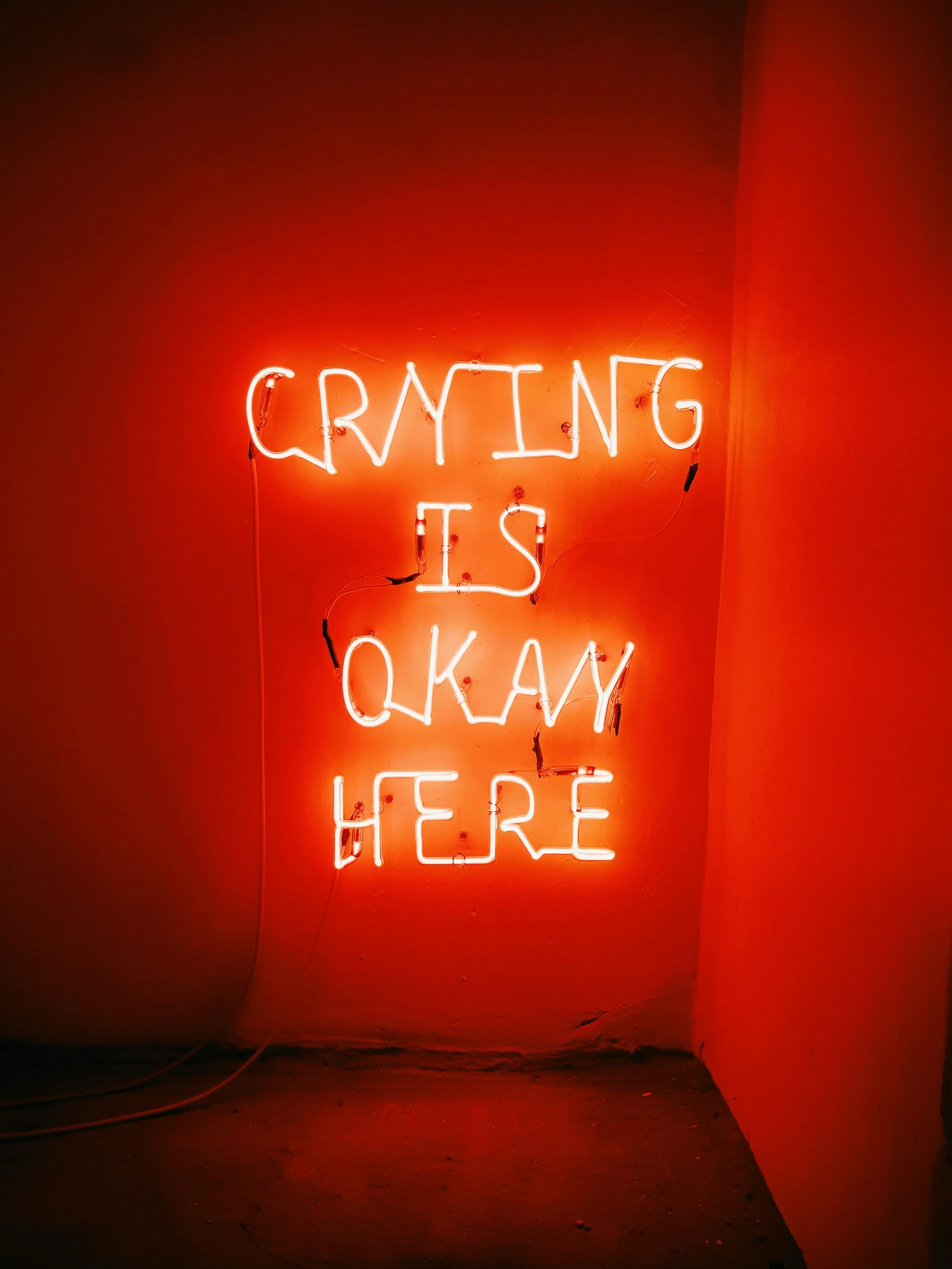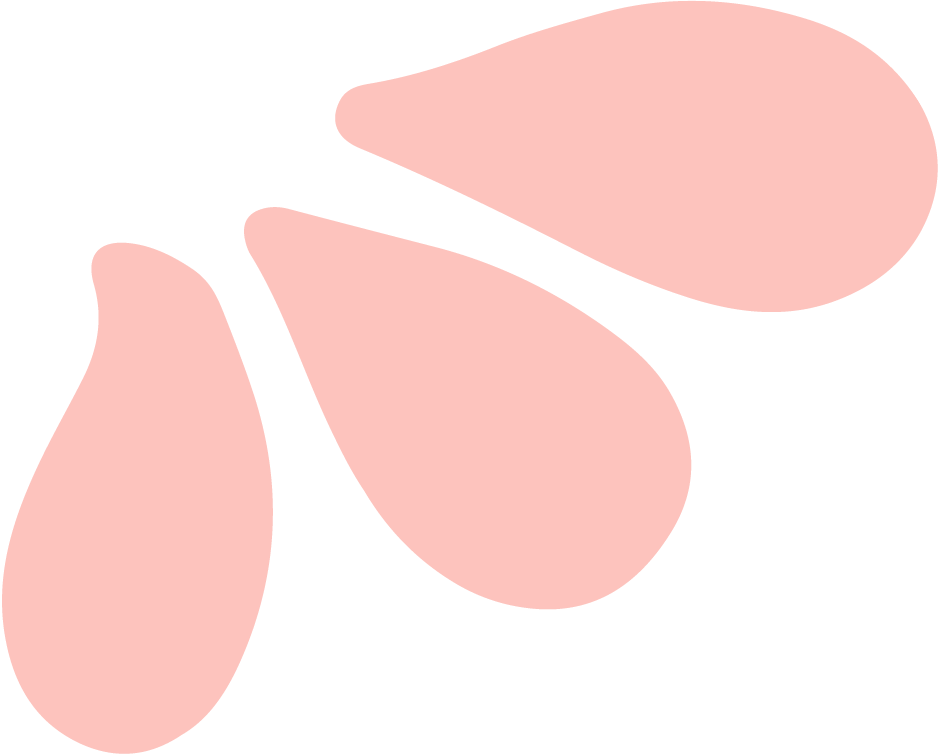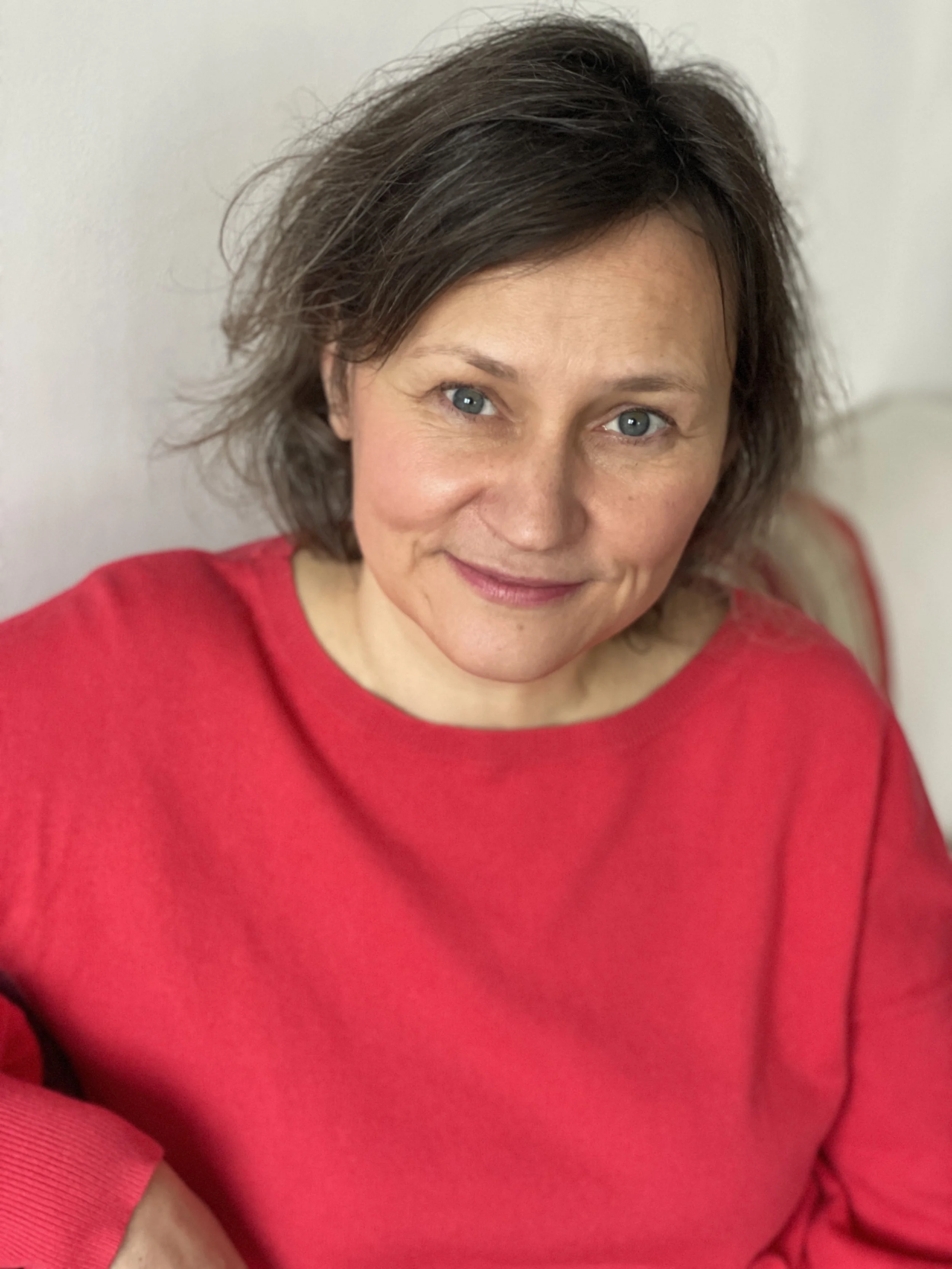Intensive EMDR Sessions
WHEN LIFE DOESN'T WAIT FOR WEEKLY THERAPYPerhaps you've been considering therapy for some time now, but finding a consistent weekly time slot feels overwhelming given everything you're managing. Life has a way of being relentlessly busy, doesn't it?
When to consider EMDR Intensives
Maybe you're dealing with a specific traumatic event - a childhood memory, a car accident, a painful divorce, and the thought of spending months processing it in traditional therapy feels like more than you can face right now.
Perhaps you've recently given birth, and the experience was more difficult than you ever imagined. You still remember everything, and you're finding it hard to bond with your baby. Now you have this precious little one who needs you, and arranging weekly childcare just to talk about the trauma of bringing her into the world seems impossibly complicated.
If any of this resonates with you, please know there is another option. It's called EMDR intensive therapy, and it may offer the support you need in a way that actually works with your life.
Traditional therapy typically unfolds in 50-minute weekly sessions, a structure that works well for many people and many issues. However, when you're dealing with acute trauma or specific distressing events, you may need quicker relief. Research shows that a week of intensive therapy can accomplish approximately what a year of hour-per-week therapy achieves, making this format remarkably efficient for trauma recovery.
EMDR (Eye Movement Desensitisation and Reprocessing) intensives offer a different approach.
Instead of spreading your healing over months of weekly appointments, we compress the work into a few days of longer sessions, usually 3-6 hours a day, with breaks for tea and just breathing.
EMDR works with your brain and body's natural healing process, not just talking things through. That means you can process quite a lot in a shorter time by ‘just’ giving your brain the uninterrupted space it needs to do what it does best: heal.
What is an EMDR Intensive?
Is an EMDR Intensive Right for You?
EMDR intensives may be particularly well-suited if you:
-
Perhaps you experienced birth trauma, a medical emergency, an accident, workplace trauma, or a painful relationship ending. When there's a clear target for healing, intensives can be remarkably effective.
-
Maybe a family member is visiting for a week and can care for your children. Perhaps you're between jobs, or you have annual leave to use. Intensives allow you to capitalise on these windows when they arise.
-
You're returning to work after parental leave, preparing for a big move, entering a new relationship, or facing another significant change, and you recognise that unresolved trauma is holding you back from fully embracing what's ahead.
-
In weekly therapy, life inevitably interrupts - unexpected stressors arise that derail focus from past trauma work. Intensives create protected time where your healing remains the priority.
-
While intensives require a larger upfront investment, they often prove more cost-effective than months of weekly sessions. A two-day intensive offering six hours of EMDR therapy could take three months to accomplish in weekly sessions.
-
You may be working with a therapist regularly but have identified one particular issue that could be resolved more efficiently through intensive EMDR processing.
-
These conditions often respond well to EMDR's focused reprocessing approach, and the intensive format can accelerate relief.
Here are some of the things I regularly help women work through:
✔ Birth trauma and perinatal difficulties: Processing challenging birth experiences to help you connect with your baby and reclaim your sense of safety
✔ Medical trauma and accidents: Healing from frightening medical procedures, hospitalisations, or physical injuries
✔ PTSD and complex trauma: Addressing both single-incident trauma and longer-term traumatic experiences
✔ Relationship trauma: Processing painful breakups, divorce, or difficult relationship patterns
✔ Childhood experiences: Healing from neglect, abuse, or other adverse childhood experiences
✔ Anxiety, OCD, and phobias: Reducing symptoms and regaining a sense of control
✔ Grief and loss: Processing the death of loved ones or other significant losses
✔ Performance and life transitions: Removing emotional blocks before major life changes
What EMDR Intensives Can Address
EMDR INTENSIVES OPTIONSDay EMDR Intensive
2-4 hours in a single day
Best for focused work on a specific event, belief or a block
£200-£400
Popular
2-Day EMDR Intensive
2-4 hours a day, spread over 2 days
(4-8 hours total)
Best for clients needing depth and spacious pacing
£400-£800
3-Day EMDR Intensive
3-4 hours a day over 3 days
(9-12 hours total)
Best for layered trauma, relational patterns and emotional complexity
£1200
An Intensive is for you if you:
✔ Are craving meaningful change and want to go deeper
✔ Feel stuck in therapy and want to break through
✔ Are ready to explore the root cause and not just manage the symptoms
An Intensive isn’t for you if you:
✗ Are in an active crisis or unsafe living situation
✗ Are looking for a quick fix without emotional depth
✗ Aren’t yet ready to explore emotional content (and that’s okay—weekly therapy might be a better fit)

Together we can create meaningful change in just a few days.
Let’s find the right format for you.
Meet your therapist
Hi, my name is Aggie (Agnieszka) Korzeniewska, and I’ve spent over a decade supporting women just like you—women who are holding so much, often without anyone truly holding them.
I bring a down-to-earth, holistic approach to therapy. It’s not about “fixing” you. You’re not broken. It’s about helping you come back to yourself, slowly and safely, piece by piece.
Some women I work with find it easy to open up. Others sit quietly at first, unsure where to start. Both are completely okay. Your therapy space is yours. I’ll meet you wherever you are.
We’ll talk. We’ll breathe. We’ll include your body—because it remembers the stress, the joy, the heartbreak, the survival. You don’t have to have all the words. We’ll find them together.
Whether you’re overwhelmed by motherhood, facing a big life change, or just can’t shake the feeling that something isn’t right, I offer a place where you can stop running, take off the mask, and feel what needs to be felt.

MY APPROACHI offer intensives both online and in person here in North London. The very first step is just a conversation. We'll talk about whether this feels right for you, discuss your goals, and answer any questions you may have.
Let's talk. You've already taken the hardest step by getting this far.
Note: EMDR intensive therapy is a powerful treatment approach, but it's not right for everyone. During our consultation, we'll carefully assess whether this format suits your particular needs and circumstances. If an intensive isn't the best fit, I'll provide recommendations for alternative therapy options.







